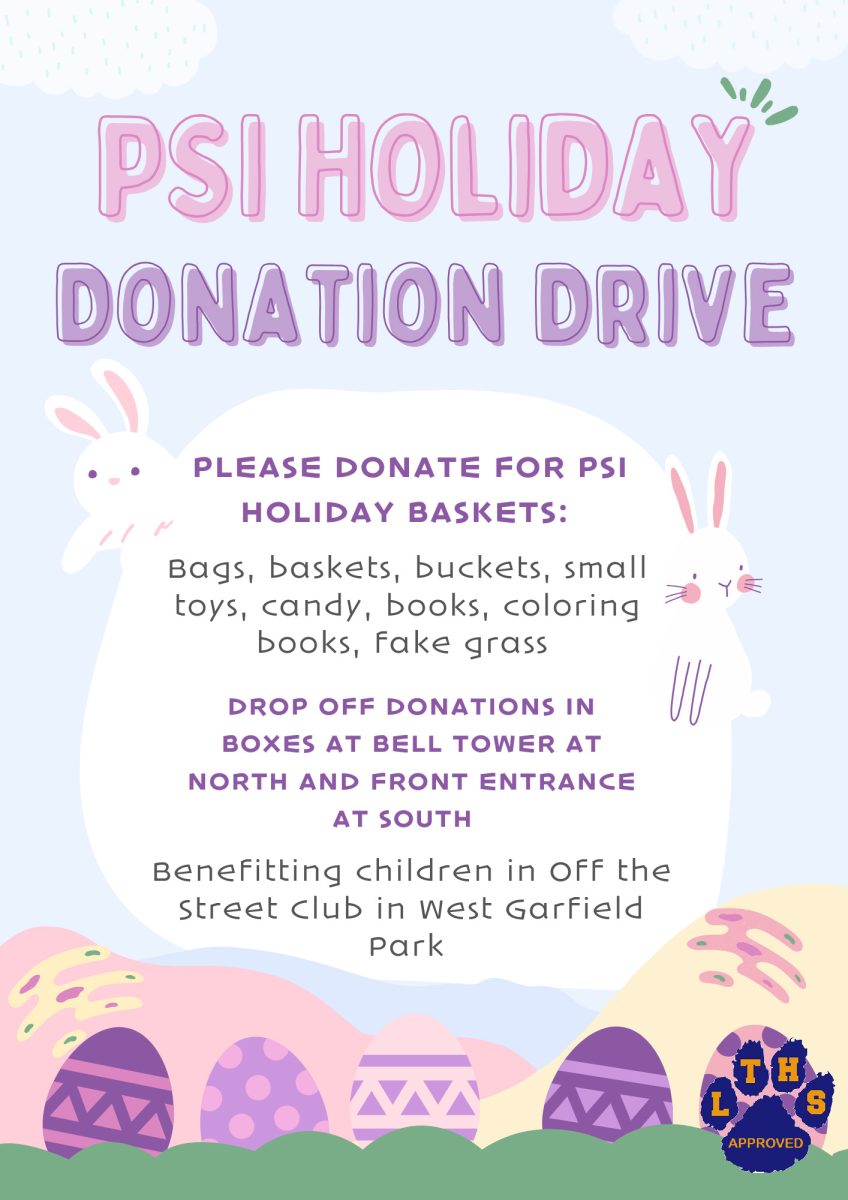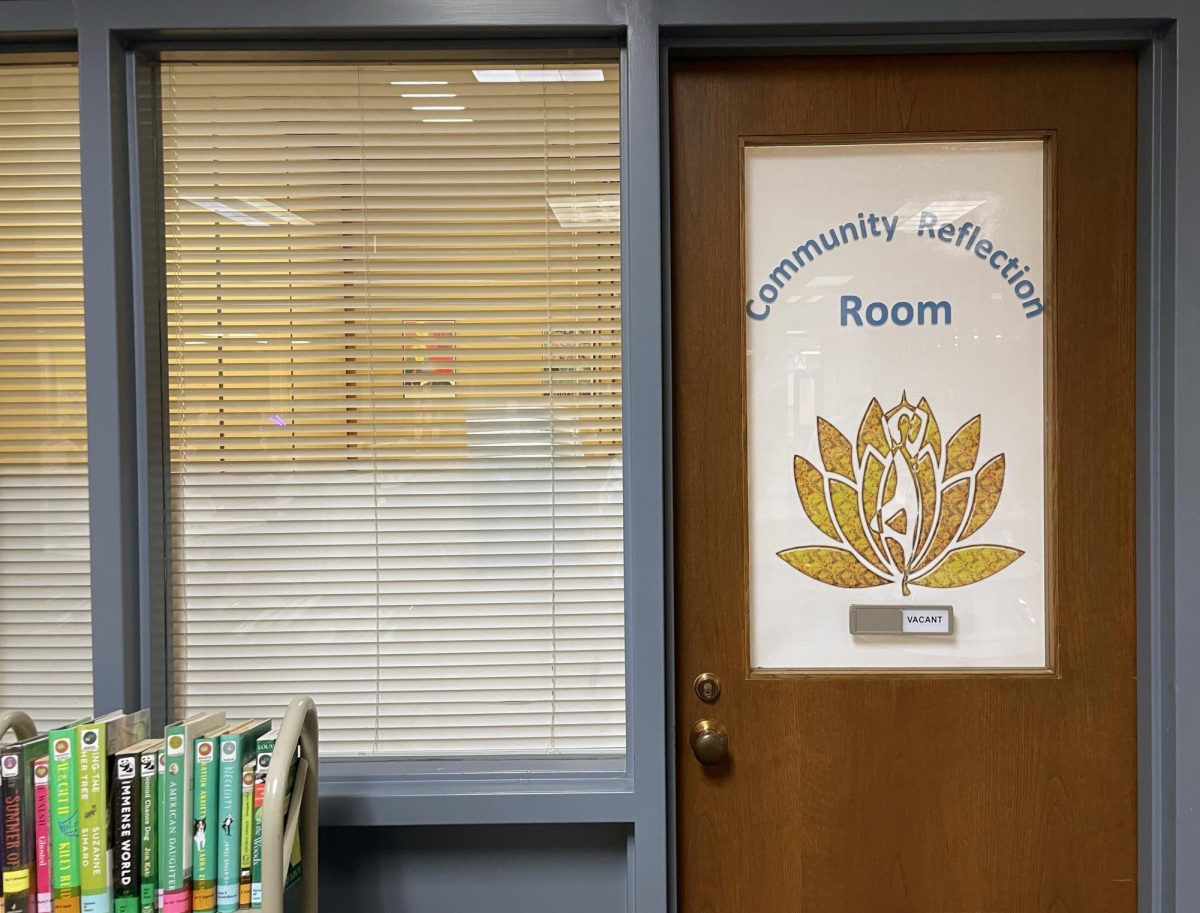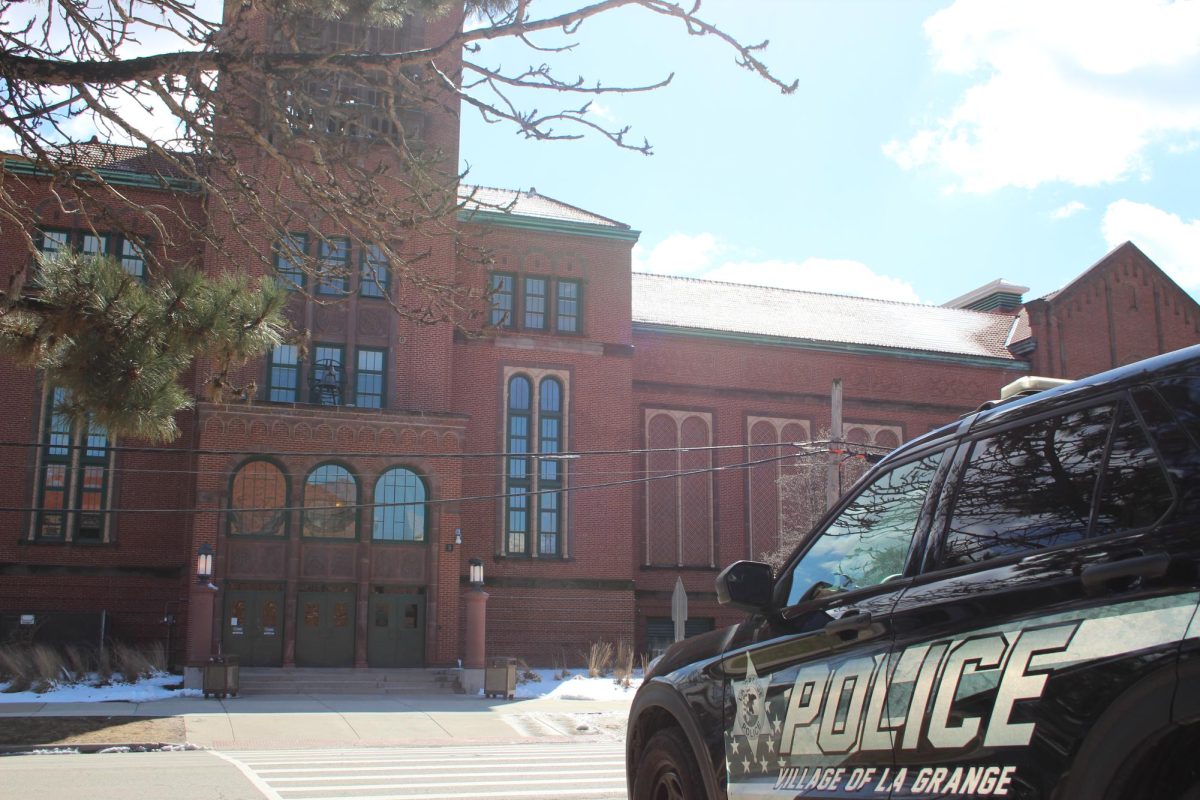On Nov. 16, LT is partnering with Versiti–previously Heartland Blood Centers–to hold the first blood drive of the school year. Students, staff, and community members will be able to donate blood starting at 8 a.m. in the NC Vaughan gym. Students must be 17 years or older to donate or age 16 with parental consent.
“It’s always good to be contributing to the community,” Director of Student Activities Peter Geddeis said. “If you look anywhere, you will find blood donations are incredibly necessary. No blood donation has an infinite time period, all donations expire. It’s imperative that we constantly keep the blood banks full.”
There is constantly a blood shortage, registered nurse Jovi Caccavale said. A lot of things can be made, but blood is unique because the only way to get it is from a person. The shelf life for blood is only 42 days before it needs to be discarded.
“[It’s important to donate blood] for a few different reasons, number one being that it saves lives,” Caccavale said. “One blood donation can save three people’s lives.”
Versiti provides all of the phlebotomists, trained professionals who perform blood drawings, and equipment needed to give blood, Geddeis said. They also offer incentives to those who will be donating. Everyone who successfully donates a pint will receive a T-shirt and a coupon to Noodles and Company. In addition to these incentives, student council has been brainstorming other ways to encourage students to sign up.
“I’m really proud of student council this year because they’ve spent a lot of time brainstorming ideas on how to get more students to sign up,” Geddeis said. “We’ve definitely seen the number of students who have signed up to donate in the last couple of years drop pretty precipitously. Some of it started before COVID-19 but [since COVID-19], there has been a pretty dramatic decline. I think part of that is because it stopped being a part of our culture.”
In order to reach the greatest number of students, student council will be setting up a booth in the NC cafeteria and alternating its location to different entrances in the days leading up to the event. In addition, there will be a spot online where students can request an appointment. Students should receive a response within 24 hours.
“I think the biggest misconception that most students have [about] donating is that they can just pick any time,” Geddeis said. “That is why we have the sign-up tables, so we can minimize the impact of your donation on your academic schedule. We look for study halls or PE classes to schedule you so that hopefully you can donate, recover quickly and we can get you back into class and you can go on with your day.”
Student Council activities leader, Roark McCarthy ‘24 is planning on donating blood at the upcoming drive. He has also donated his blood in the past.
“I donated my blood because I wanted to be a helpful person and hopefully save a life with my own blood,” McCarthy said. “Donating blood [is important] right now [because] there’s a major shortage in blood and people every day need more. Hopefully, with my blood and with [everyone else’s] blood, it will help save more [people’s lives].”
There are also benefits to the blood donor, which include: improving heart health and reducing the risk of cancer, Caccavale said. Blood carries a lot of iron and high levels of iron have been linked to cancer. When donating blood, it releases oxidized iron from your bloodstream, therefore reducing the risk of cancer.
“These are ways we can encourage people [to donate blood],” Caccavale said. “If they knew that you actually benefit from [donating blood], it might make people feel better because they [would realize they] actually get something out of it.”
The process of donating blood is not as bad as people may think, McCarthy said. Initially going into it, McCarthy thought getting his blood drawn was going to be bad, but not being afraid of needles helped and it overall wasn’t a scary experience. The nurse who drew his blood was also very helpful and kind so that made him feel comfortable throughout the experience.
“After [donating the blood], I felt like a good person and I felt accomplished,” McCarthy said.



















![Movie poster for '[Rec]" (2007).](https://www.lionnewspaper.com/wp-content/uploads/2023/04/rec-640x900.jpg)





